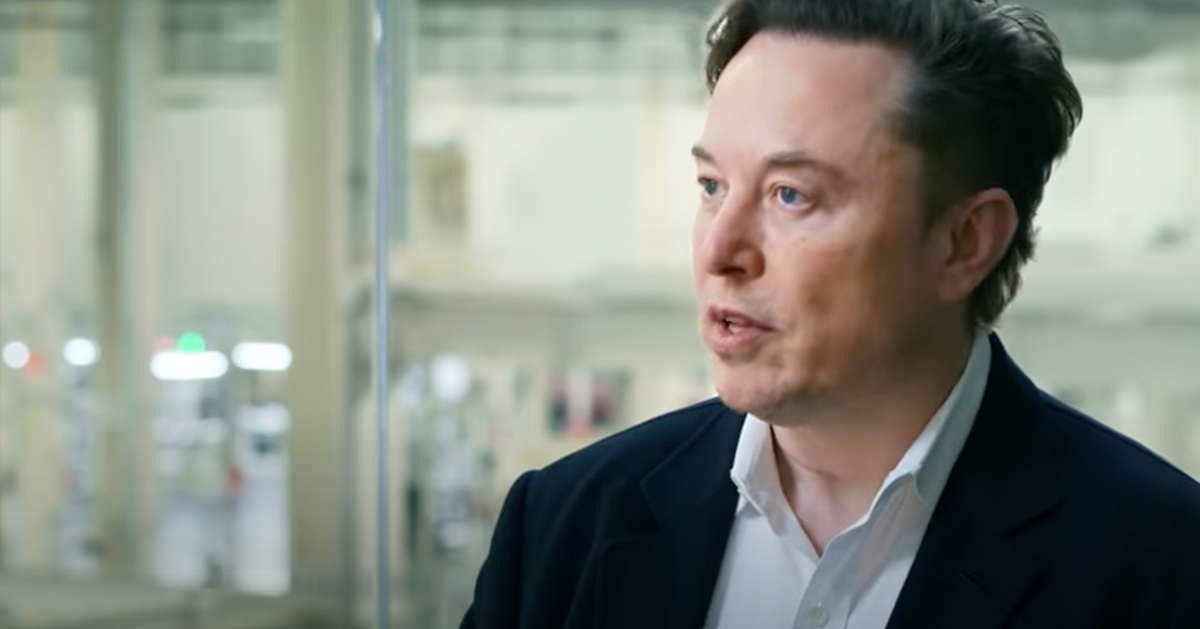Trump freezes federal funding for foreign media, sparks debate
In a decisive move, President Donald Trump has halted USAID's financial assistance to foreign media outlets for a 90-day period.
This Trump-initiated pause will result in a significant $268 million cut, affecting over 30 countries and igniting a fierce debate over its implications for journalism and democratic processes globally, as Breitbart reports.
The funding freeze initiated by Trump this week impacts thousands of journalists and hundreds of news organizations worldwide.
According to a 2023 fact sheet by USAID, since removed from the agency's website, their support extended to nearly 6,200 journalists, 707 news outlets, and 279 media-centric civil society groups.
This move has left many in the global journalistic community deeply concerned and scrambling to find alternatives.
USAID Funding Cuts Lead to Concerns
Clayton Weimers, executive director of Reporters Without Borders USA, underscored the critical role of the now-frozen programs. These initiatives were widely recognized for their contributions to media integrity, transparency, and the bolstering of democratic institutions.
Critics argue that these cuts come at a time when misinformation and propaganda are increasingly challenging journalistic integrity and freedom worldwide.
In Belarus, a journalist shared the grim outlook for the near future. The journalist stated that without a resolution, their publication activities would not continue beyond the end of January. Anna Babinets, CEO of Slidstvo.Info, a media company situated in Kyiv, highlighted that the cut disrupted 80% of their funding. The suspension leaves many organizations in a precarious position, struggling to sustain their operations.
Debate Over USAID's Role and Alleged Agendas
While supporters of the funding halt cite potential misalignments with U.S. interests as a justification, concerns persist about the decision's broader impacts. USAID’s funding historically supported various projects centering on diversity, sustainable technologies, and activism promoting LGBT rights. Programs in tourism and media transparency also faced disruptions due to these financial constraints.
J. Michael Waller added dimension to the debate by characterizing USAID as operating without the oversight usually required of covert initiatives. Commentary regarding USAID’s clandestine operations extended beyond Waller, with others calling for more transparency and accountability within the agency's operations.
Globalists Express Concern as Propaganda Threats Loom
The ramifications of these funding cuts extend beyond mere numbers, critics say, affecting professionals challenging disinformation efforts by governments like those in Iran and Russia. Globalists argue that journalists previously funded by USAID projects play critical roles in defending against such threats. Their work is deemed crucial in maintaining a balanced narrative, free from the sway of authoritative regimes.
Supporters of the freeze suggest that USAID operates too independently, potentially overstepping its intended purposes. J. Michael Waller opined that USAID had effectively become a covert operations agency, emphasizing concerns about its degree of autonomy. The discourse surrounding these accusations continues, with calls for scrutiny of USAID’s impacts on international politics.
Broad Implications for Journalism and Global Narratives
Comments from high-profile personalities lent additional weight to this developing story. Glenn Greenwald articulated a notably critical viewpoint, tying USAID to covert activities intended to steer other nations' political landscapes. Greenwald’s comments ignited wider discussions about the ethical implications and broader geopolitical impacts of USAID's activities.
Simultaneously, Tesla CEO Elon Musk added to the conversation, referencing claims that USAID compensated media entities to publish governmental narratives. Such charges, whether founded or speculative, contribute to the growing debate over the agency’s global influence and operational transparency.
Reflecting on these issues, Democrats in the United States have vocalized unease regarding the cuts’ potential undermining of USAID’s historically impactful work. The freeze has cast uncertainty over projects that aimed to advance media freedom and foster journalistic integrity in regions where such pursuits are inherently challenging.
Future Challenges and the Road Ahead
As the discourse unfolds, questions remain regarding the long-term effects of these cuts on journalism and democracy worldwide. With the halt in funding, many organizations are left to face a rapidly approaching financial cliff, calling for immediate and sustainable solutions. The broader media landscape stands to be reshaped significantly as countries adapt to the new funding realities.
While the 90-day pause remains active, stakeholders from various circles deliberate the prospective paths forward. As global media entities navigate this transitional period, the international community watches closely, keenly aware of the delicate balance between fiscal policy and journalistic freedom.
The debate on the implications of USAID’s adjusted role is expected to continue, sparking varied reactions from supporters and critics alike.







